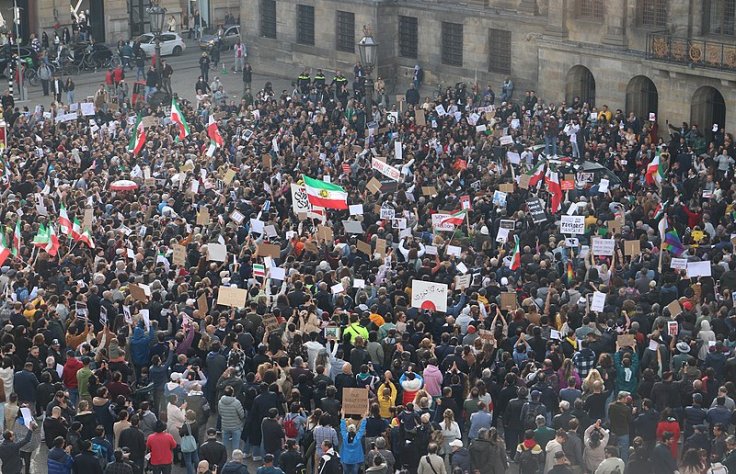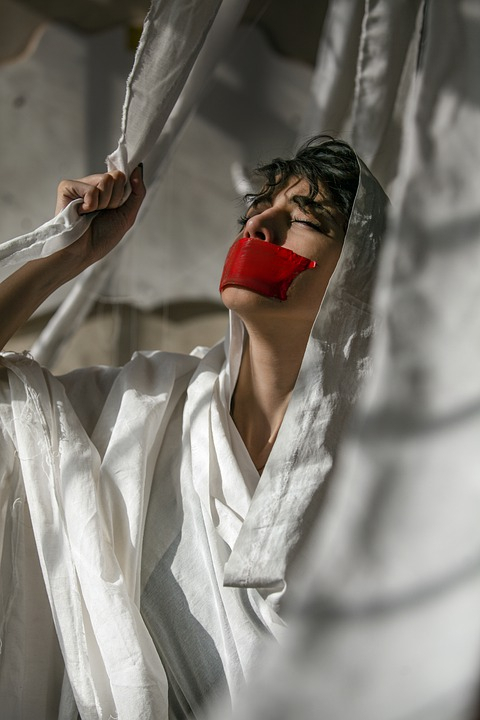To quell the ongoing hijab protests in the country, the Iranian government has issued its first death sentence.
A protester is facing the death sentence for "setting fire to a government building, disturbing public order, assembly and conspiracy to commit a crime against national security, and an enemy of God and corruption on earth."
Five others have been sentenced for up to 10 years by a court for gathering and conspiring to commit crimes against national security and disturbing public order. A local Iranian media outlet said all those convicted can appeal their sentence. Mojtaba Ghahremani, the judicial chief for Hormozgan, said 164 people had been charged after the recent riots. Judiciary chief Abdol-Mehdi Mousavi said another 276 people were charged in the central province of Markazi. The accused persons face allegations including incitement to killing, harming security forces, propaganda against the regime and damaging public property.

Moreover, the judiciary has announced charges against hundreds of people in cities and provinces across Iran. More than 2,000 people have already been charged, with nearly half of them in the capital of Tehran. And 100 people, as per state news agency IRNA, were released after signing pledges not to participate in any future riots.
UN Condemns Iran
16 UN-appointed independent human rights experts urged Iranian authorities to stop indicting people with charges punishable by death for participating in peaceful demonstrations. The organization reiterated its call to immediately release all protesters who have been arbitrarily deprived of their liberty for the sole reason of exercising their legitimate rights to freedom of opinion and expression, association and peaceful assembly and for their actions to promote and protect human rights and fundamental freedoms through peaceful means.
Experts fear that women and girls, who have been at the forefront of the protests, and especially women human rights defenders, who have been arrested and jailed for demanding the end of systemic and systematic discriminatory laws, policies and practices might be particularly targeted.
Sheer Desperation
Protests broke out in Iran after Mahsa Amini, who was arrested by Iran's morality police for failing to wear the hijab correctly, died in police custody on September 13. Thousands of peaceful protesters have been arrested, since September 16, including women, children, youth and at least 51 journalists. And death toll has alarmingly reached 304, including 24 women and 41 children.

Despite global outcry, there's no sign of Iran's protests dissipating yet. The Iranian government continues with its hard handedness of brute force to crack down on protesters. But Iranian are standing up courageously against the clerical regime for nearly two months now. Last month, Iran Supreme Leader Ayatollah Ali Khamenei warned the masses that no one should dare think they can uproot the Islamic Republic. But thousands defied his warning and took to the streets with even more ferocity than before. The protesters burned Khamenei's pictures and posters, and torched the security force's vehicles.
The Islamic Revolutionary Guard Corps (IRGC) is leading the suppression with its Commander-in-Chief Hossein Salami claiming that the protests had been dealt with and everything was under control. But the forces seem to be exhausted and demoralized by accelerating protests. Thousands of protesters across Iran are defying bullets, torture and imprisonment, and now death sentences.









